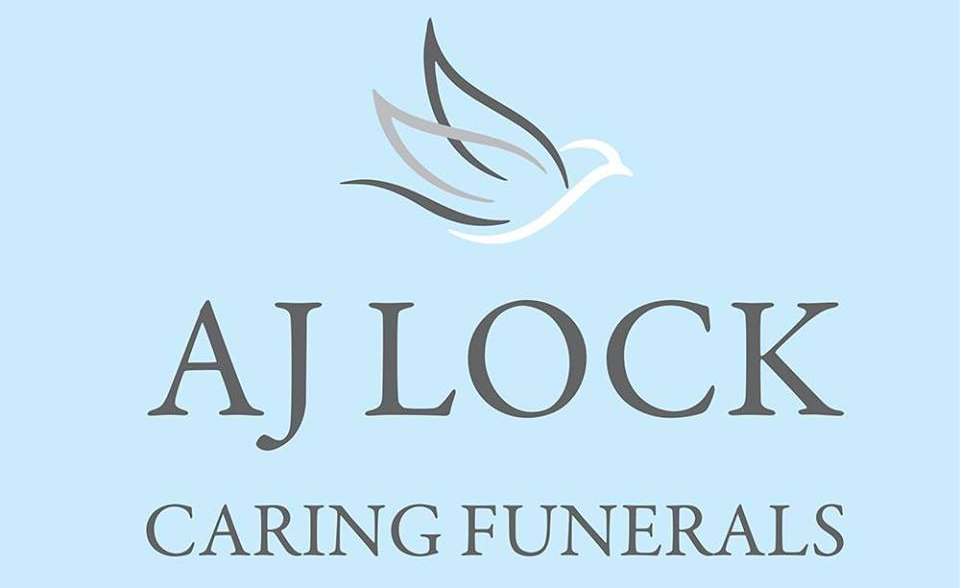AJ Lock Weston-Super-Mare & Burnham-on-Sea - Some Useful Information when planning a funeral
The process of dealing with a loved one’s death can be overwhelming. Read below for information that can help you during this process.
If someone passes away in hospital
In cases when someone passes away in hospital, the hospital staff will issue a Medical Certificate and formal notice and provide information about how to register the death. The deceased will usually be kept in the hospital mortuary until the caring funeral staff at AJ Lock Caring Funerals arrange for your loved one to be brought into our care.
If someone passes away at home
In cases where someone has passed away at home, we recommend that you call their GP or the NHS helpline 111 as soon as possible. The doctor will then be able to examine the deceased and confirm the death. Then they will be able to issue the Medical Certificate and formal notice, providing you with information on the next steps.
If someone passes away unexpectedly
If someone passes away suddenly or unexpectedly, call 999 straight away to request an ambulance and the police. Stay on the line and follow any instructions given to you. The emergency services will often contact a coroner to investigate the death.
If someone passes away abroad
In cases where someone has passed away while abroad, you will need to register the death according to the regulations of the country in which your loved one has passed and get a consulate death certificate. You will also need to register the death in the UK. AJ Lock Caring Funerals offers a repatriation service back to the UK.
Get a Medical Certificate of Cause of Death
Regardless of where your loved one passed away, you will need to get a Medical Certificate of Cause of Death as soon as possible. The certificate will contain information about registering the death and will be given to you in an envelope.
The certificate will include the following information:
- The name of the deceased
- The age of the deceased
- The date of death
- The place of death
- The cause of death
Registering the death
Registering the death is required by law and must be done within five days in England and Wales, or within eight days in Scotland. You can register the death at:
North Somerset
Town Hall
Walliscote Road
Weston-super-Mare
North Somerset
BS23 1UJ
Telephone: 01934 888888
Sedgemoor & Burnham-on-Sea
Morgan House,
Mount Street,
Bridgwater,
TA6 3ER
Telephone: 01278 422527
Once you have made an appointment with the local registrar, you will be required to take the following information with you:
- The full name of the person who died
- The full home address of the person who died
- The date and place of birth of the person who died
- Details of where and when the person died
- The occupation, if applicable, of the person who died
- • If they were receiving any benefits, including pensions or allowance from public funds
- The name, occupation and date of birth of their spouse or civil partner, if applicable
You will be required to have a Medical Certificate of Cause of Death in order to register a death, but you may need other paperwork and information at the registry office. When you have provided the registrar with all the required paperwork and information, you will receive any relevant forms, including the Death Certificate, which allows either burial or cremation to go ahead.
When a coroner is involved
Unfortunately, your loved one’s funeral may need to be delayed if a coroner is called to investigate the death. A coroner is typically appointed by the local authority to investigate a death when:
- The cause of death is unknown
- The death was sudden, violent or unnatural
- The person died in prison or custody
- The identity of the person who has died is uncertain or unknown.
- A Medical Certificate of Cause of Death isn’t available
What is a post-mortem?
A post-mortem is sometimes required by a coroner to determine the cause of death.
What is an inquest?
If a post-mortem shows an unnatural or unknown cause of death, the coroner may open an inquest, during which evidence will be reviewed about how the person died.
Bringing your loved one into care
We can help you arrange for your loved one to be brought into our care. We will require the following information prior to bringing the deceased into our care:
- The person’s full name, address and age
- Where they are resting now
- The name and contact details of their doctor
- If you have a death certificate
- Where you would like the deceased to rest before the funeral - either the funeral home or at your own home.

